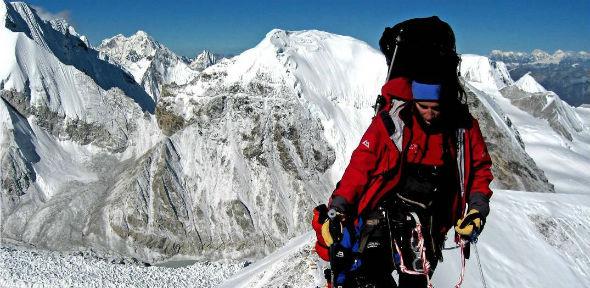
Course organiser: Andrew Murray (ajm267@cam.ac.uk)
Overview
The aim of this course is to give comprehensive coverage to systems physiology, concentrating on mammals, in particular man.
The course builds from knowledge of function at the cellular level to the complex operation of major body systems at the level of the whole organism. About 80% of the course is devoted to the study of all the major body systems. The remaining 20% takes an integrated approach to examine how these systems respond to various challenges from the everyday to the extreme.
The course begins by exploring the cardiovascular system, breathing, the endocrine system, the kidney and body fluid homeostasis. The Lent term begins with the study of reproductive physiology, starting with the male and female reproductive systems and following events from conception through implantation and embryonic development to parturition, and examining fetal, maternal and neonatal physiology on the way. It continues with digestion, absorption, nutrition and body weight regulation.
The early part of the Easter Term looks at the response of the body to exercise, and examines the effects of training and the limitations on performance. Thereafter there is an examination of the body’s responses to extreme conditions presented by life at high altitude, in the Arctic and in the desert and during space flight. These lectures make reference also to how certain animal species have adapted to extreme conditions, not just how humans muddle their way through them!
Further information for those interested in taking 1B Physiology

